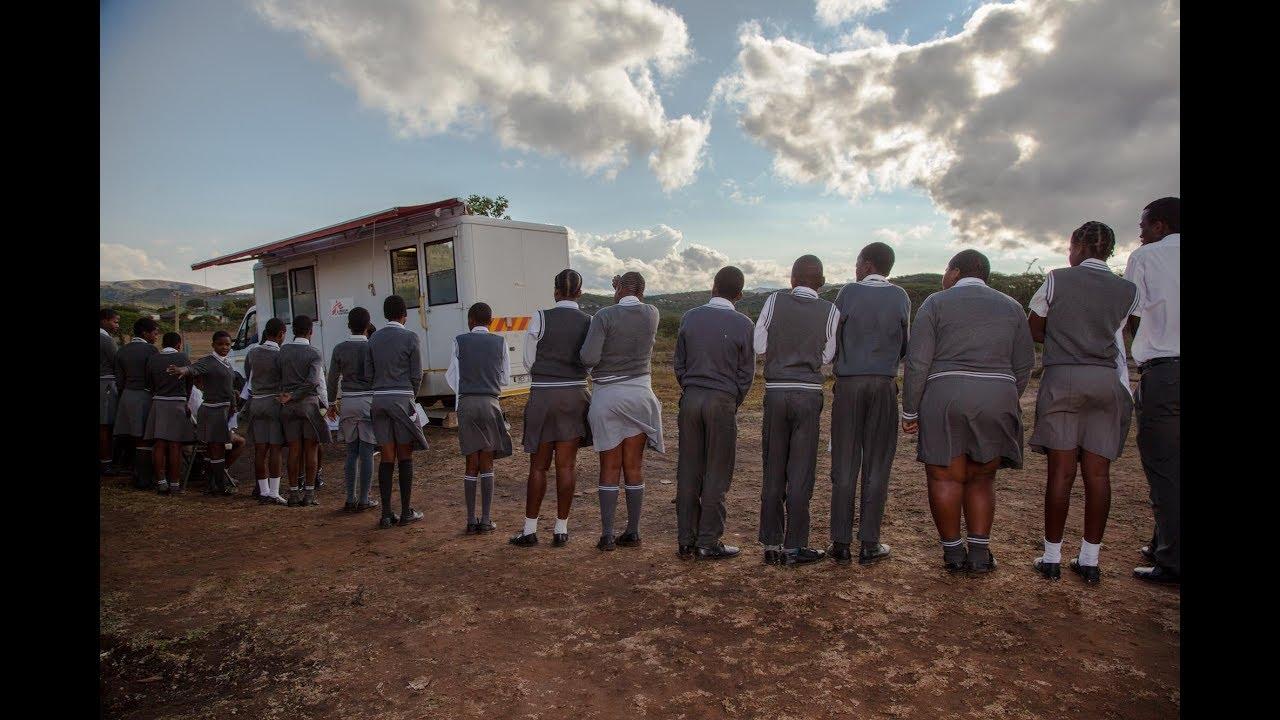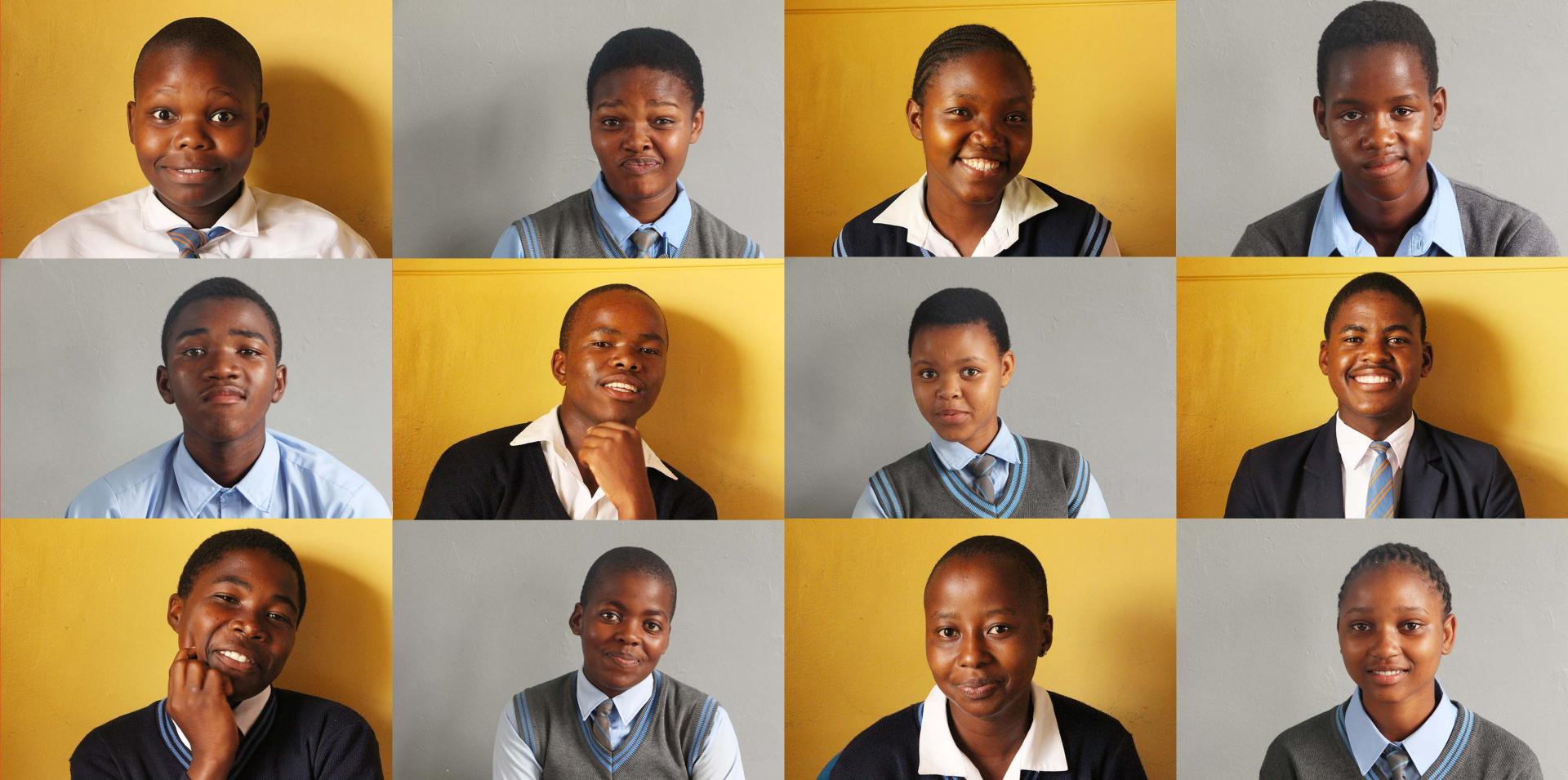
YouTube Video (nNPtMhmktLk)
The youth in South Africa is seriously vulnerable. In 2017, 88,000 people between the ages of 15-25 were infected with HIV, and more than 97,000 teenagers gave birth. A high proportion of the 78,000 people who died of TB in 2017 in South Africa were under the age of 30. The National Department of Basic Education recognizes that learners should be given health education in their schools, and in 2017 published the National Policy on HIV, STIs and TB (2017), which says that adolescent learners in South Africa should be able to access critically important sexual and reproductive healthcare (SRH) services in their schools. Services include general health education, HIV counselling and testing, screening for TB and sexually transmitted infections, and provision of contraception (for example condoms). With access to these services more young people will know the status of their health and will have the information they need to develop good health-seeking behaviour. However, two years have passed since this policy was passed and no action has been taken. This is because the National DBE has not provided guidelines explaining how SRH services should be implemented in schools, leaving the policy open to interpretation. Doctors Without Borders (MSF) is one of very few organizations currently providing SRH services in schools – specifically, MSF works in up to 38 secondary schools in King Cetshwayo District in KwaZulu-Natal. As a direct consequence of the policy confusion, the number of HIV tests performed fell 74% in 2018, after the programme team was barred by the district department of education from offering services on school grounds. MSF, alongside many learners, parents and principals in King Cetshwayo, is now making an urgent call on the National DBE to release clear guidelines on the implementation of school-based SRH services, ensuring that these instructions reflect learner preferences and the experience of existing school health programmes.
